Breast Cancer is The Leading Cancer Among Women in Singapore
- 12,735 cases/29.7% of all cancer incidence from 2017-2021
- 19% of breast cancers in Singapore were women aged 44 years and under
- 5-year relative survival rate is 99% when diagnosed at early stages
Singapore Cancer Registry Annual Report 2018, National Registry of Disease Office, National Breast Cancer Foundation
Breast Cancer is The Leading Cancer Among Women in Singapore
- 12,735 cases/29.7% of all cancer incidence from 2017-2021
- 19% of breast cancers in Singapore were women aged 44 years and under
- 5-year relative survival rate is 99% when diagnosed at early stages
Singapore Cancer Registry Annual Report 2018, National Registry of Disease Office, National Breast Cancer Foundation
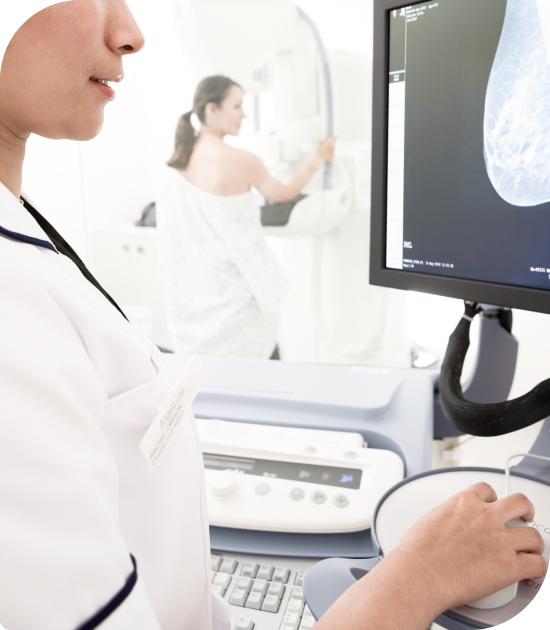
Ardennes Health
Mammogram Breast Screening From $99nett
Advocating early detection of breast cancer to improve your quality of life
- Female Doctors
- Conveniently located at Paya Lebar Square
- Advanced Multi-Cancer Early Detection
- Personalised Health Screening Packages
- Medical Professionals with Intricate Knowledge of Breast Cancer
Do I need a breast screening?
Symptoms

New lump in the breast or underarm (armpit)
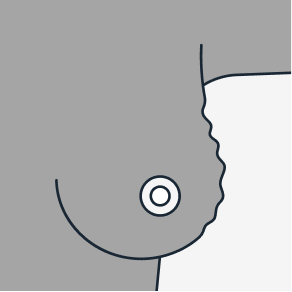
Irritation or dimpling of breast skin

Thickening or swelling of part of the breast.

Redness or flaky skin in the nipple area or the breast

Pulling in of the nipple or pain in the nipple area
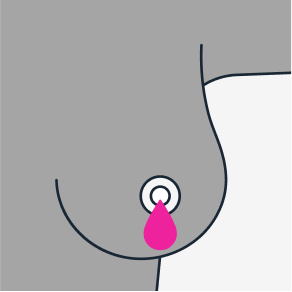
Nipple discharge other than breast milk, including blood
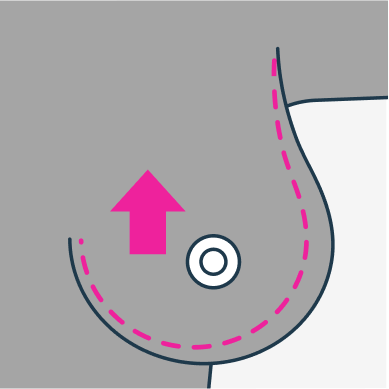
Any change in the size or the shape of the breast
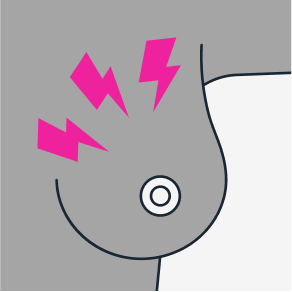
Pain in any area of the breast
Uncontrollable Risk Factors
40 years old and above
Family history of breast cancer
Menses before the age of 11 or cessation after 55
Previous abnormal breast biopsy
History of breast diseases or ovarian cancer
Controllable Risk Factors
Childless or first child after the age of 30
Excessive tobacco and/or alcohol
Weight gain post menopause
History of hormonal treatment
Breast screening is pivotal in reducing mortality and increasing the survival rate for breast cancer.
Schedule your screening if you are at risk or presenting symptoms.
Dr Siska Ferdina Taslim
NUS 2003 MRCP and MMed Internal Med 2007 GDFM 2011
Dr. Siska is an experienced physician of Indonesian Chinese heritage, educated in Singapore. With a strong medical background in internal medicine, cardiology, oncology, and dermatology, she has gained valuable expertise through hospital postings and polyclinic practice. Passionate about health screening and preventive medicine, she focuses on early detection and proactive care to improve patient outcomes.
Fluent in English, Chinese, Malay, Bahasa Indonesia, and Hokkien, Dr. Siska is committed to delivering personalised and culturally sensitive healthcare to a diverse patient community.
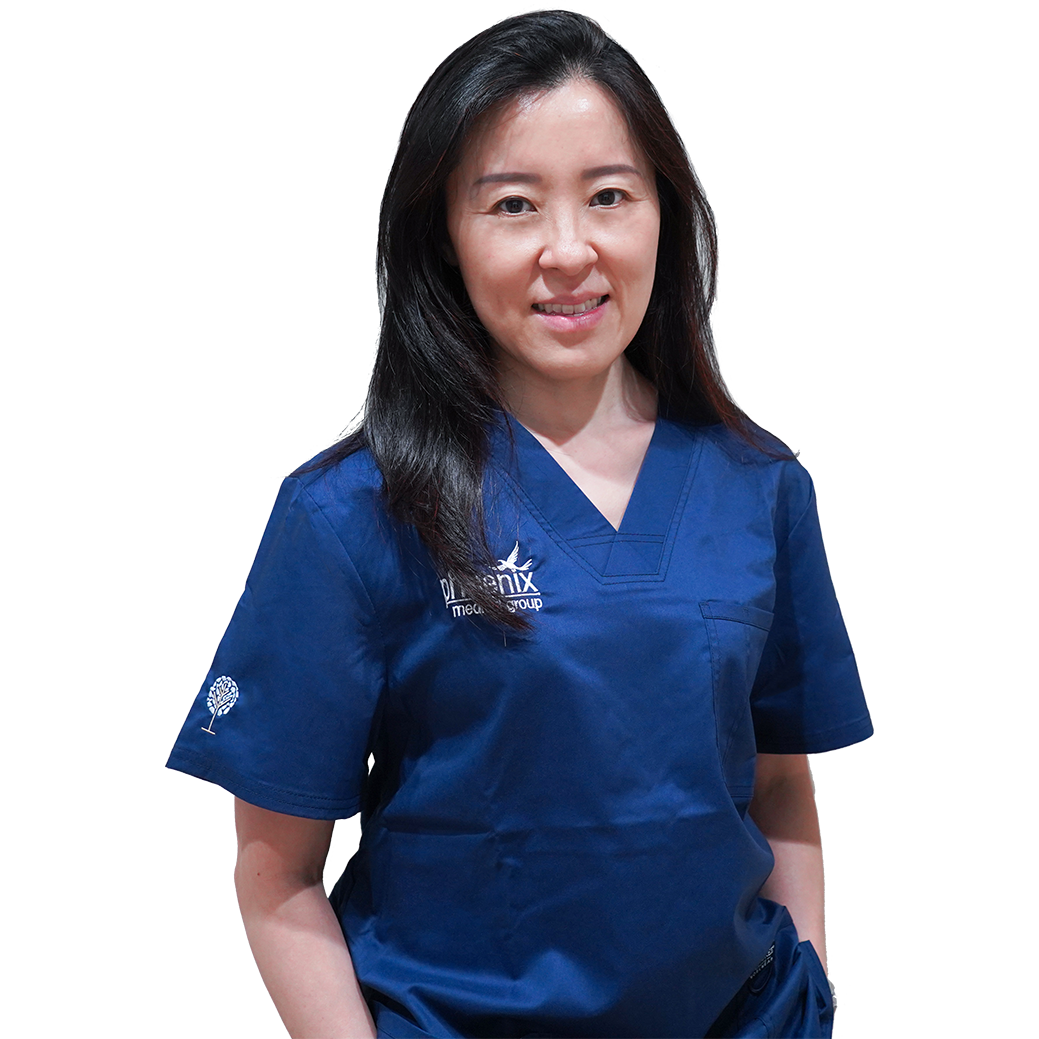

Dr. Choo Wei Tak
MD (DukeNUS)
Dr Choo Wei Tak graduated with a Bachelor of Science in Pharmacy from the National University of Singapore (NUS). Prior to pursuing a medical degree, I worked as a programme manager in community mental health, where I developed a strong interest in holistic and long-term patient care.
Subsequently, I completed my medical training at Duke-NUS Medical School, where I gained broad clinical experience through rotations in internal medicine, general surgery, orthopaedic surgery, urology, gynaecology, geriatric medicine, community hospitals, and polyclinics.
My clinical interests lie in community-based and continuing care, with a focus on supporting patients across the full spectrum of their healthcare journey.
Blood-based test for early breast cancer screening
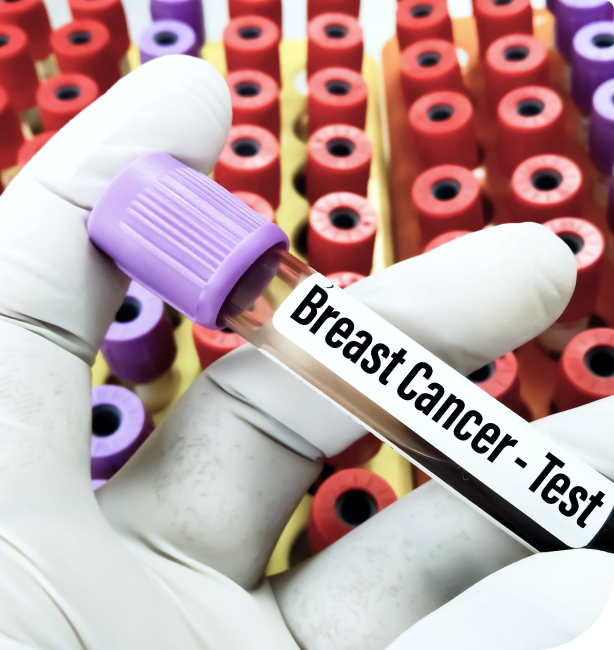
Mastocheck
Mastocheck is a blood-based test that can be used to supplement your routine mammogram to improve chances of detecting signs of breast cancer early. It is specially designed to overcome the limitations of conventional breast cancer screening methods by achieving a high accuracy rate of 77% for detecting stage 1 breast cancer, and it is accessible to young women (20-40 years old), pregnant women, and patients with breast implants or dense breast tissue.
Asian women often exhibit denser breast tissue, which contains a higher ratio of glandular tissue to fatty tissue. In such cases, breast tumours may be difficult to detect through a routine mammogram.
Women at higher risk, such as those with a family history of breast cancer, are strongly advised to consider Mastocheck. Adding this supplementary test during mammograms can significantly improve diagnostic accuracy, demonstrating 10%-30% higher sensitivity compared to mammography alone.
Benefits of Mastocheck
Non-invasive & Painless
Convenient
Radiation- free
Verified & Approved
Early Detection
How does Mastocheck work?

1. Consult with a doctor
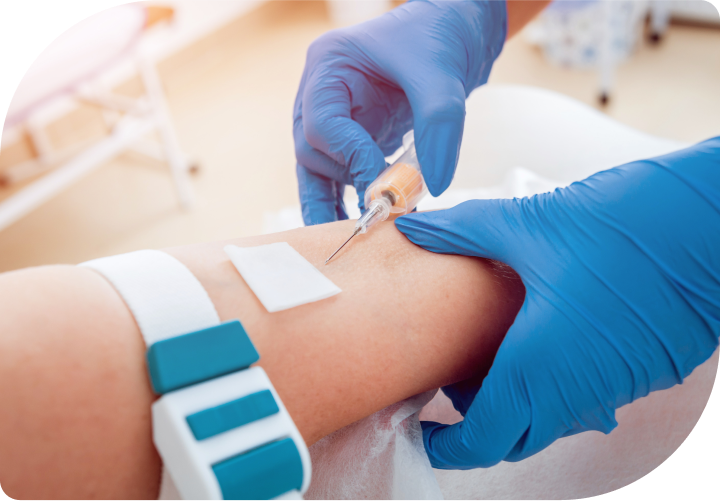
2. About 3ml of blood sample is drawn

3. Once the final report is ready, your doctor will inform you to go over the result
Recommended Screening
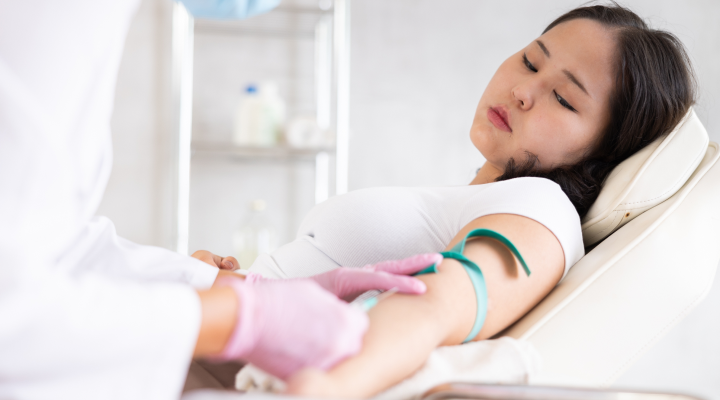
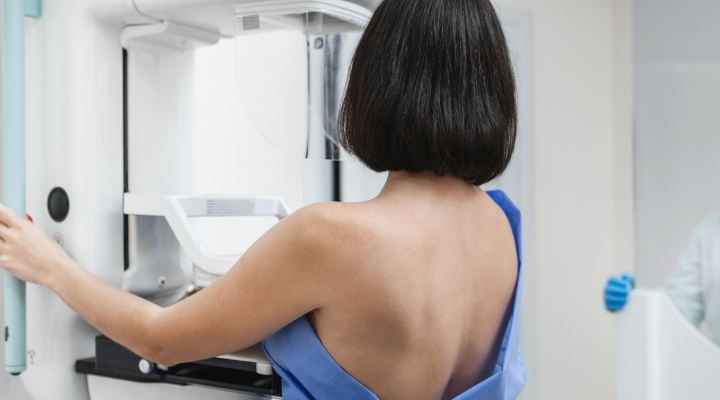
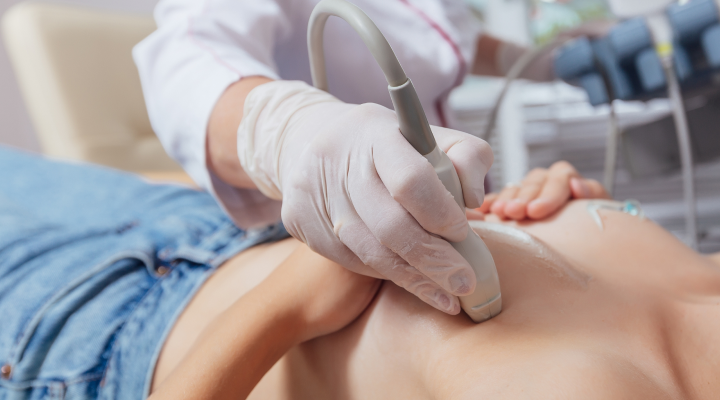
Mastocheck (Blood test)
Recommended for
- High-risk individuals with family history of breast cancer
- Women with denser breast tissues/ smaller breasts
- Individuals with previoius breast cancer
Detects
Early-stage breast cancer screening blood test with up to 77% accuracy for stage 1 & 2 breast cancer (up to 87% when paired with mammogram).
from
$170
Mammogram (X-rays)
Recommended for
- Age 40 and above
- Routine screening
Detects
Abnormalities in the breasts like tumours or masses.
from
$99
Breast Ultrasound
Recommendations
- Routine screening
- Women with denser breast tissues
Detects
Cysts, solid mass, abscesses, lymph nodes in the breasts. It ascertains if a lump is solid or filled with fluid. May be used to investigate abnormal mammogram results.
from
$140

Mastocheck (Blood test)
Recommended for
- High-risk individuals with family history of breast cancer
- Women with denser breast tissues/ smaller breasts
- Individuals with previoius breast cancer
Detects
Early-stage breast cancer screening blood test with up to 77% accuracy for stage 1 & 2 breast cancer (up to 87% when paired with mammogram).
from
$170

Mammogram (X-rays)
Recommended for
- Age 40 and above
- Routine screening
Detects
Abnormalities in the breasts like tumours or masses.
from
$99

Breast Ultrasound
Recommendations
- Age 40 and below
- Routine screening
- Women with denser breast tissues
Detects
Cysts, solid mass, abscesses, lymph nodes in the breasts. It ascertains if a lump is solid or filled with fluid. May be used to investigate abnormal mammogram results.
from
$140
Request your personalised breast screening package quote
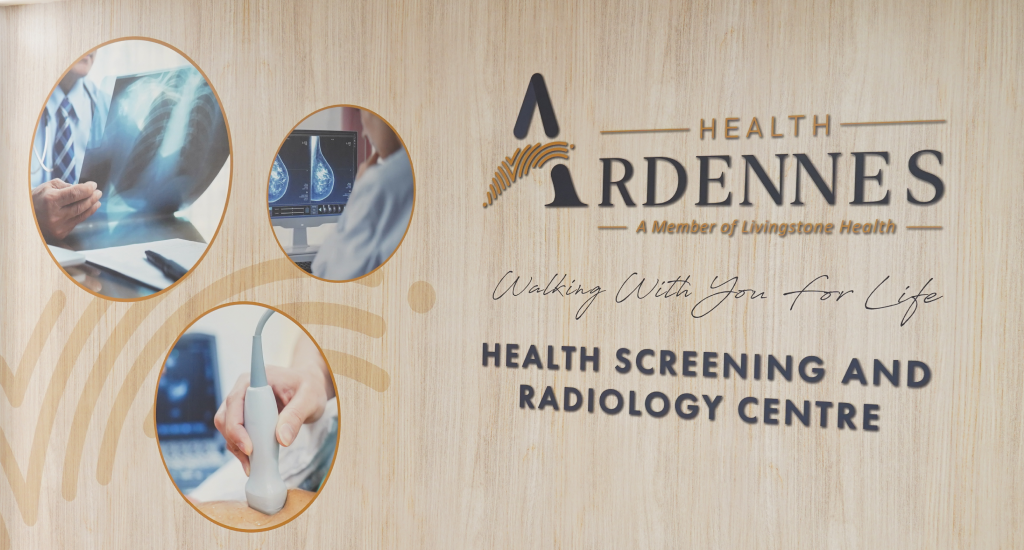
Who We Are
Ardennes Health is a professional, one-stop health screening and radiology centre with a proven track record located conveniently in Paya Lebar Square. As a member of Livingstone Health, Ardennes is connected to a strong and trusted specialist network should you need further care. We take pride in our seamless appointment booking system, quick turnaround times and personalised care.
Harnessing technologies in the healthcare and radiological industry, we offer the following services:
Advanced multi-cancer early screening
Professional, experienced and knowledgeable doctors
Seamless online booking of appointments
Personalised review post-screening
Affordable packages
Quick turnaround time
Frequently Asked Questions
While some women may experience slight discomfort due to the compression of the breast, the procedure is generally quick, and any discomfort is usually brief.
Results are usually available within two to three weeks after screening. Our team will contact you promptly if any abnormalities are detected that require follow-up.
You will be required to fast 2 hours prior to the test. You can resume normal activities immediately after the blood sample is taken.
Results from Mastocheck are typically available within 2 to 3 weeks after the blood sample is collected. Our team will promptly contact you with the results and any necessary next steps.
Please refrain from scheduling the appointment during or 2 days before or after your menstruation cycle.
Request An Appointment
To make an appointment at Ardennes Health or for further enquiries, simply fill in the form or call us at +65 6980 3045. We will get back to you as soon as possible.
Ardennes Healthcare
- Paya Lebar Square #02-01/04
- hello@ardenneshealth.com.sg
- corporate@ardenneshealth.com.sg
- Mon - Fri: 8.30am to 4.30pmSat: 8.30am to 12.30pmSun & PH: Closed
